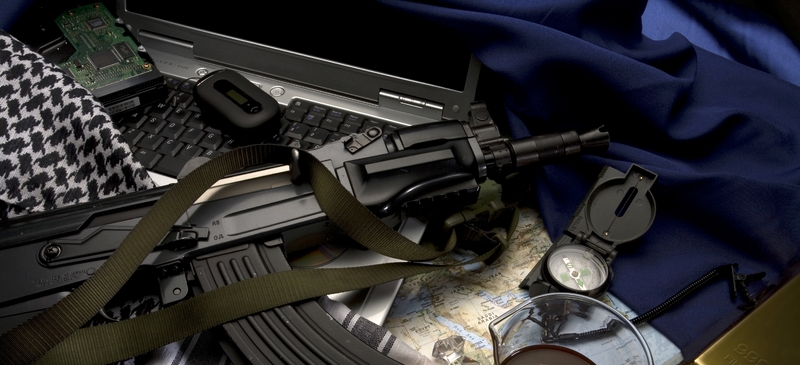
A focused campaign not a crusade
As America comes to terms with the massive terrorist attacks on September 11, and as it frames and implements its response, the key question for Europe is: what should its role be? The answer should consist of three parts: strong solidarity with the US; a global campaign against terrorism, tackling both its manifestations and the underlying causes; and a new impetus for the EU's strategy in the greater Middle East.
The immediate expressions of support that came from all European governments were the right response. After all, the US is by far Europe's most important friend and ally. Moreover, emphasising European solidarity with America is also a pre-condition for exerting influence on the nature of its reaction. In the immediate aftermath of the attacks, part of the rhetoric of President Bush and his team - calling for a "crusade" against all forms of terrorism and an "end" to the states supporting it - was excessive and imprecise. Perhaps this was inevitable. But Europeans should also note the more moderate and focused approach of Colin Powell, which early in the crisis seems to be prevailing.
In the coming months, the Europeans should stress that the overall response be proportionate, composed of economic and political as much as military initiatives, and supported by a wide-ranging international coalition including moderate Islamic governments. In their discussions with the US, the Europeans should underline that making these arguments is not being "soft" on terrorism, but simply a pre-condition for achieving the stated objectives.
European countries, both individually and through NATO, have much to contribute to a global campaign against terrorism. Many governments have great experience in dealing with foreign and domestic terrorism. The Europeans can also offer advice on the appropriate trade-offs between counter-terrorist measures and respect for fundamental freedoms. But American requests are likely to focus on intelligence links, diplomatic support, participation in economic sanctions and, in the last analysis, troops and military hardware. Europe should offer all these assets, generously and for a sustained campaign. At the same time, it should ask that Americans look both at the capabilities and the intentions of terrorist groups.
A number of Americans have reacted to the attacks with a blanket incomprehension that some people could resent US influence and actions. Few ask themselves why certain numerically small but determined groups harbour such anti-Western feelings. Is this in part the product of US strategy in the Middle East? Many moderate Arabs and Europeans have raised the issue of double standards in US foreign policy. For example, why is Iraq forced to comply with all UN Security Council resolutions while Israel seems to receive virtually unconditional support? The US champions democracy worldwide, but it also shores up many corrupt and autocratic regimes such as Saudi Arabia. Terrorism experts often stress that religious and other forms of fanaticism are fuelled by, and in turn exacerbate, underlying issues of alienation, poverty and ignorance. It is clear that until Europe and America tackle these underlying problems together, the proclaimed campaign against terrorism will be ineffective.
Europe knows the Arab and Muslim world. With its wide-ranging "tool box" of policies and instruments, the EU is well-placed to integrate countries with strong anti-Western feelings into the global system. Already the EU is the most important trading partner for most Middle Eastern states, and by far the greatest source of financial assistance. The EU should not hesitate to use this economic leverage for political purposes. Concretely, the EU must make clear that its help is conditional upon respect for international rules, including an end to terrorism. The EU should also encourage the US to re-engage itself in the Middle East peace process. The temporary ceasefire between Israelis and Palestinians will come under severe pressure in the months ahead. It will almost certainly collapse without negotiations aiming at a lasting settlement. It is clear that unless both the EU and the US are involved, there will be insufficient pressure on both sides to make the necessary concessions.
